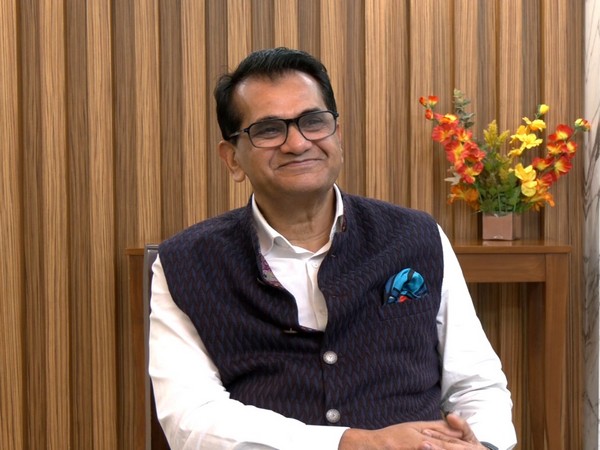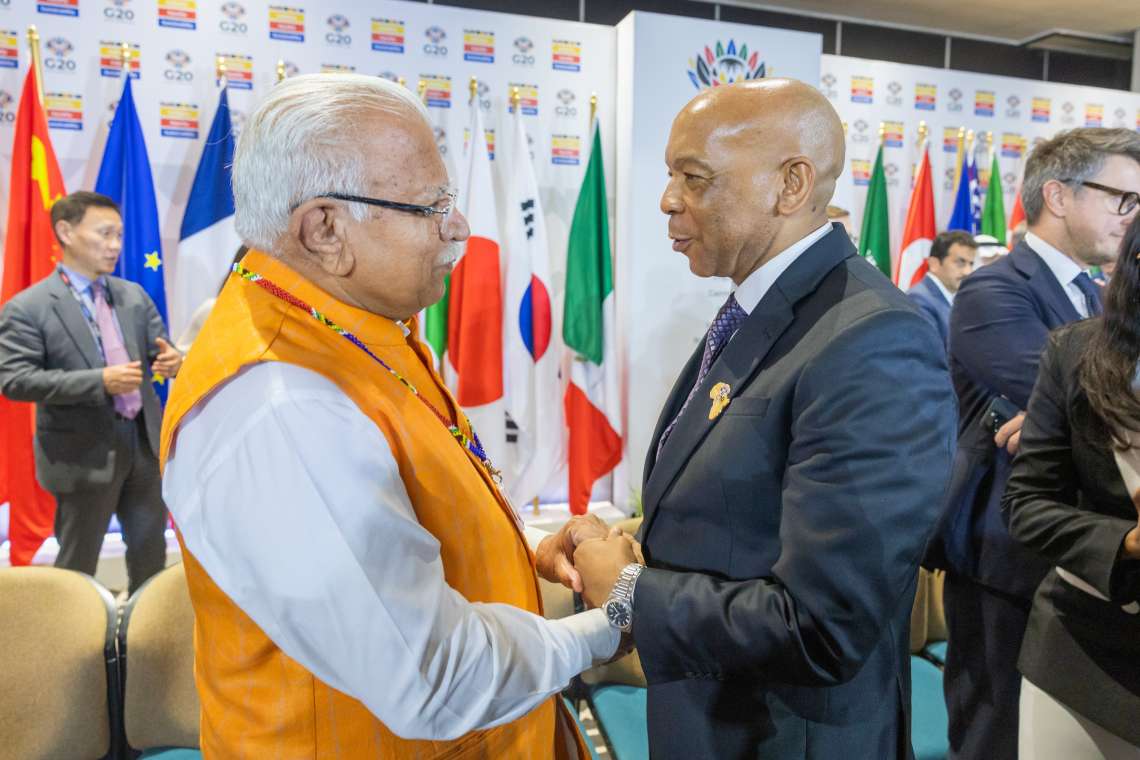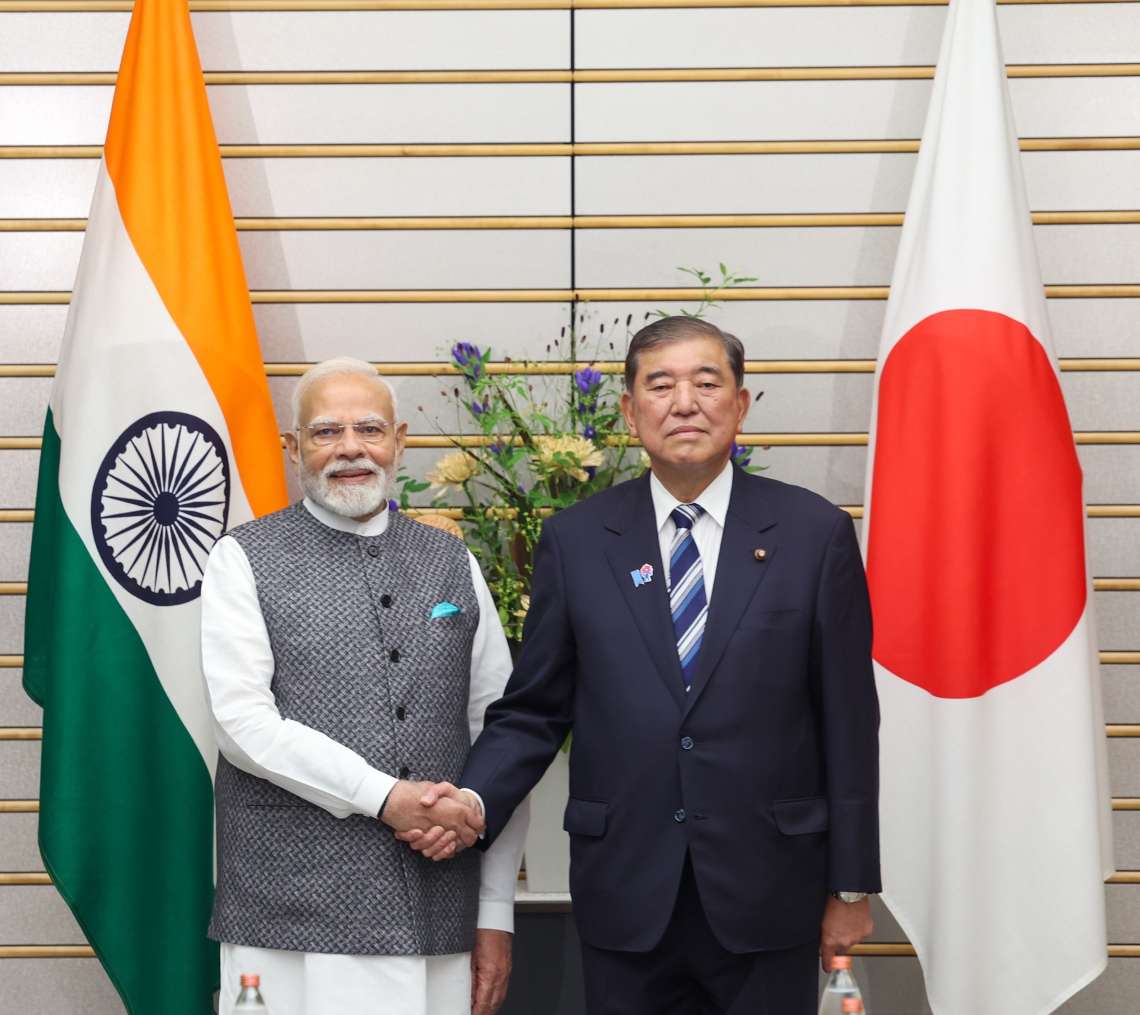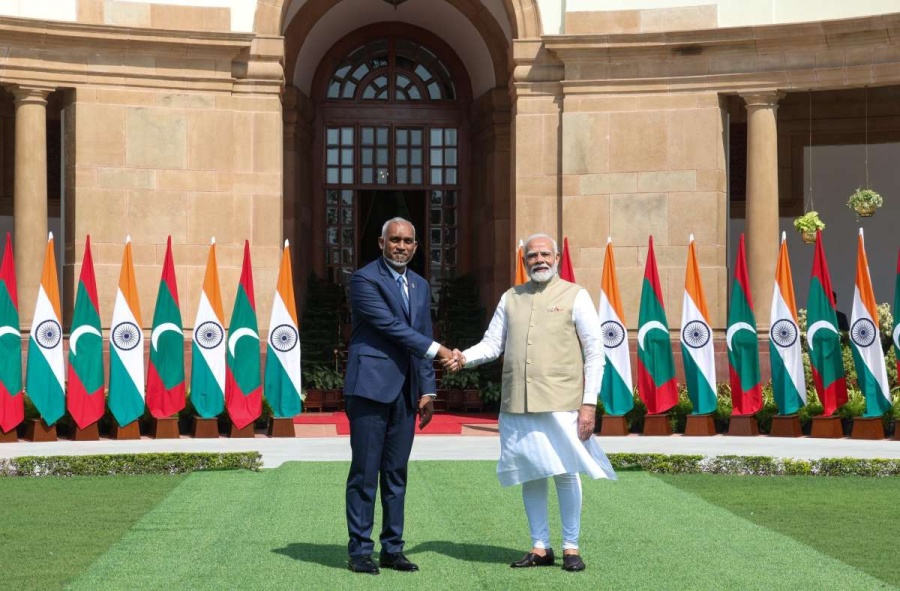Kant said that no country is “as blessed” as India in this regard, and has the potential to become the largest exporter of green energy….reports Asian Lite News
India’s G20 Sherpa Amitabh Kant on Monday emphasised crucial role played by New Delhi during last year’s summit in setting global agenda for energy transition and climate action and said that G20 countries should keep pushing for more ambition on the issue of climate change.
The former NITI Aayog CEO was speaking here at a roundtable on ‘The Road Ahead: Building on Global South Strengths at COP29 & G20’.
Kant highlighted India’s pro-active role in green transition. The New Delhi G20 Declaration’s ‘Green Development Pact’ addressed the challenges of choosing between combating hunger and protecting the planet, by outlining a comprehensive roadmap where employment and ecosystems are complimentary, consumption is climate conscious, and production is planet-friendly. The G20 Declaration called for an ambitious tripling of global renewable energy capacity by 2030.
Citing the immense scope of renewable energy in India, Kant said that no country is “as blessed” as India in this regard, and has the potential to become the largest exporter of green energy.
He said that India is a major importer of fossil fuels but has to become the exporter of green energy.
As part of New Delhi G20 Declaration, the countries of the grouping resolved to pursue environmentally sustainable and inclusive economic growth and development in an integrated, holistic and balanced manner.
India’s historical cumulative emissions from 1850 to 2019 amount to less than 4 per cent of cumulative carbon dioxide emissions of the world from the pre-industrial era, despite being home to 17 per cent of the world’s population.
At the 26th session of the United Nations Framework Convention on Climate Change (COP 26) in November, 2021, India announced its target to achieve net zero emissions by 2070.
Economist and former Economic Advisor to Finance Ministry, Montek Singh Ahluwalia, emphasised that any optimal strategy for climate change also needs to take constraints into account.
He stressed on meeting two-thirds of the finance requirements internally and emphasised the need of a proper plan to achieve net zero emissions by 2070.
He also referred to presidential elections in the United States and to Donald Trump’s decision in his term as President to withdraw from the Paris accord.
Kirit Parikh, former member of the Planning Commission, who participated at the event virtually, stressed that the West needs to accept its responsibility in the climate change challenge and play a bigger role in raising the finance.
He also suggested imposing proportionate tax on countries for annual per capita-carbon emissions, stating that this would incentivize countries in reducing their carbon emissions.
India has taken many steps in the direction of green energy. India’s ambitions include generating half of all energy requirements from renewables and reducing emissions by 1 billion tonnes by 2030.
The 21st session of the COP (COP21) led to the Paris Agreement, which mobilized global collective action to limit the global temperature increase to 1.5C above pre-industrial levels by 2100, and to act to adapt to the already existing effects of climate change.
The next Conference of Parties (COP 29) will be held in November this year in Baku, Azerbaijan. (ANI)
ALSO READ: Lanka Secures $200M from World Bank














